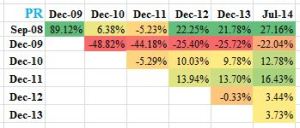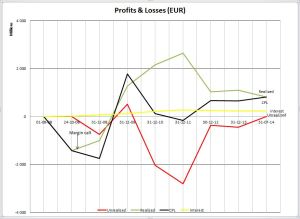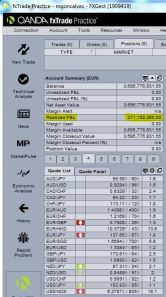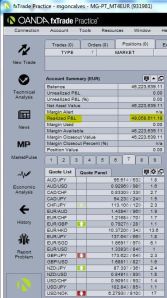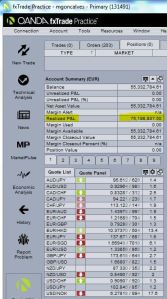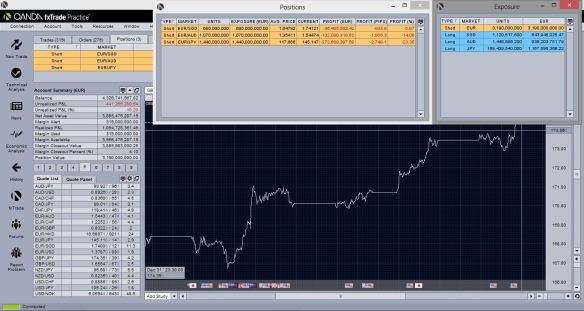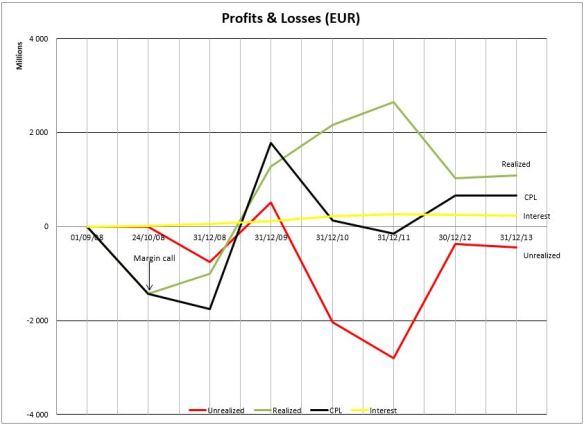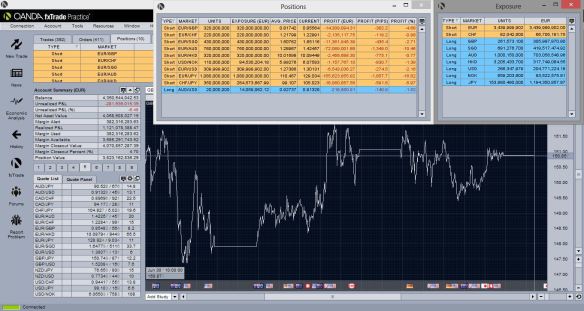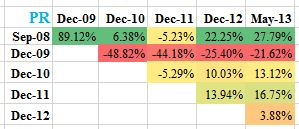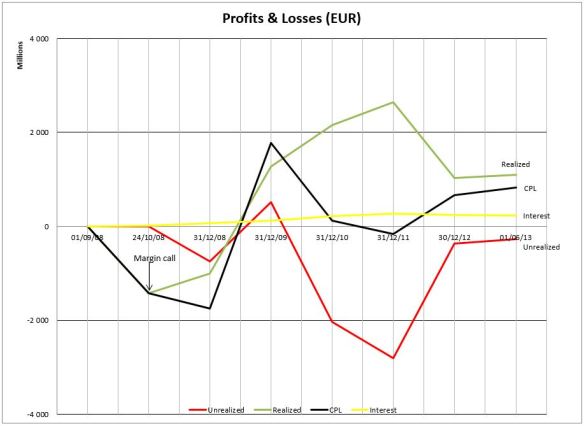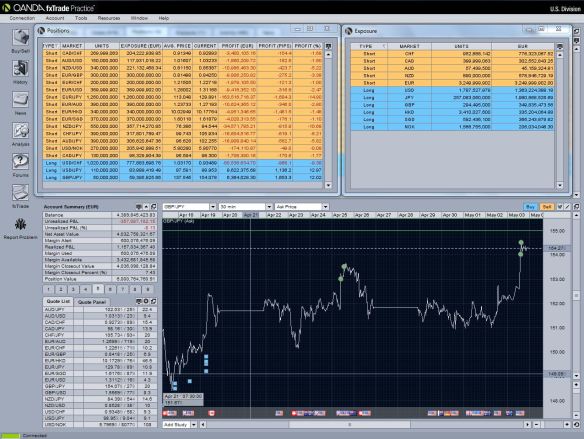OK, sorry about the bad translingual joke. But I thought it might be interesting to try doing a bit of deductive analysis on the sudden 7 percent plunge in the Nikkei.
One important thing to bear in mind, when it comes to big financial market moves, is that there may be no fundamental explanation at all. I’m old enough to remember the 1987 stock crash, which was followed by many theories about which policy move might have been responsible. As it happened, however, Robert Shiller managed to do a real-time survey as the market was plunging, and found essentially nobody mentioning any of the reasons later given for the selling wave. Instead, everyone said that they were selling because … prices were falling.
Still, to the extent that there is some fundamental story, what clues would we look for? And the answer, surely, is to ask what was happening in other markets, especially bonds and currencies.
Let me give you three different stories, each of which could explain a Nikkei plunge:
1. Fears about weak Japanese and Asian growth.
2. Fears about Japanese debt– the bond vigilantes have finally arrived.
3. Fears about the resolution of the Bank of Japan, its willingness to persist in very expansionary monetary policy for a long time.
All of these imply a fall in stocks; but they have different implications for bond and currency markets.
Story 1 should mean a fall in Japanese interest rates, since weaker growth should imply looser money for longer. Indeed, the recent runup in Japanese stocks and interest rates have gone hand in hand, suggesting that what we’ve been seeing is basically rising optimism. (Many of us have used similar arguments to wave away the claims that debt fears are driving occasional upticks in US rates). But in this case Japanese interest rates went basically nowhere.
Story 2 should have seen bond rates rising sharply, which they didn’t. Also, it should have meant a weakening in the yen — which actually rose significantly. So, not the bond vigilantes.
What about story 3? The impact of expected future monetary policy on long-term interest rates is ambiguous — rates might rise because they expect the BoJ to tighten, or fall because they fear that it will fail to end deflation. But worry about the BoJ’s resolve should have a clear impact on the yen, which should strengthen — which it did.
So to the extent that this wasn’t just markets doing their occasional panic thing, it looks like a sudden outbreak of concern about whether the Bank of Japan has really changed as much as it seems.

